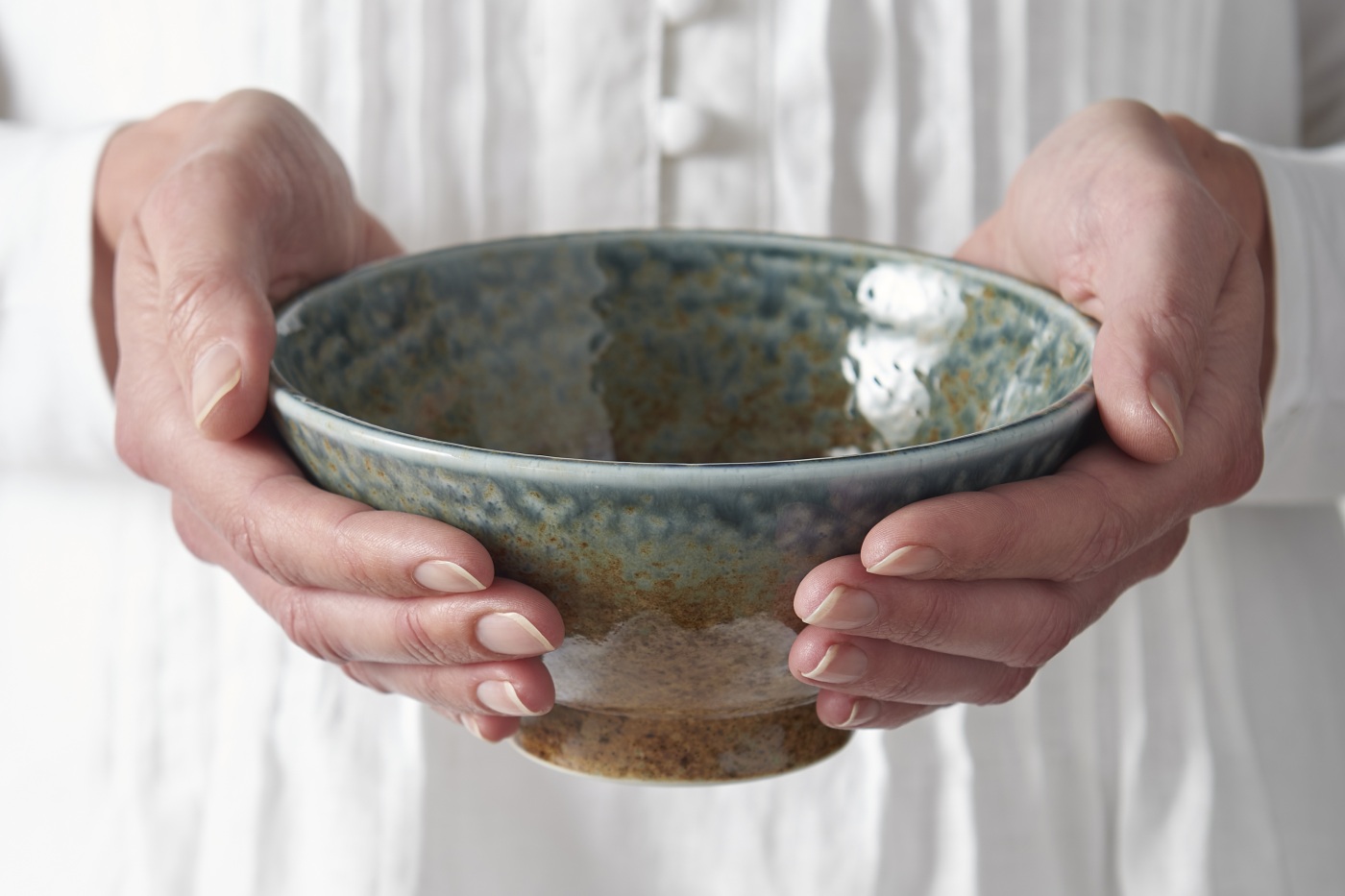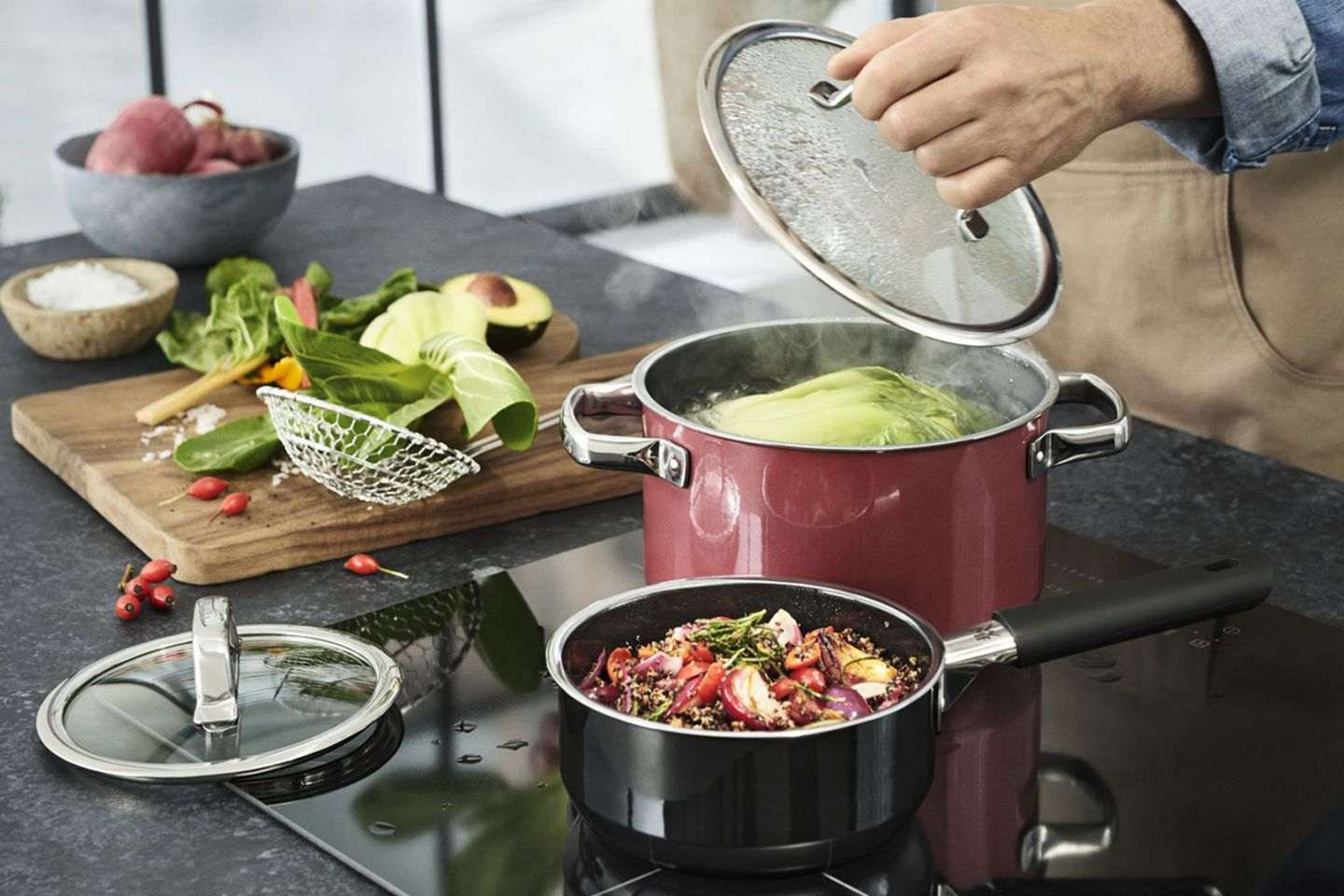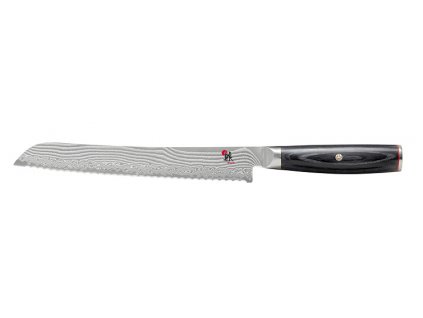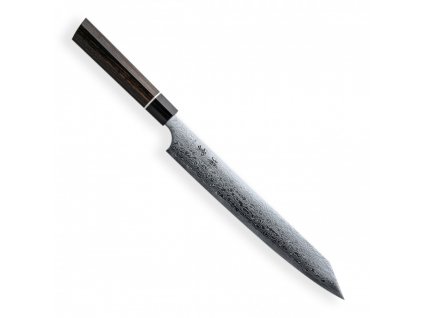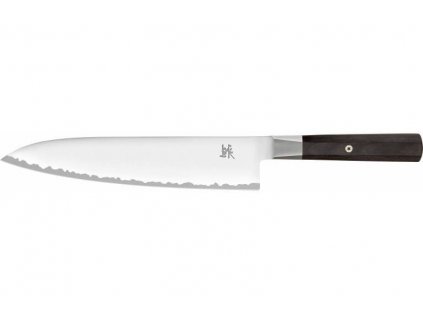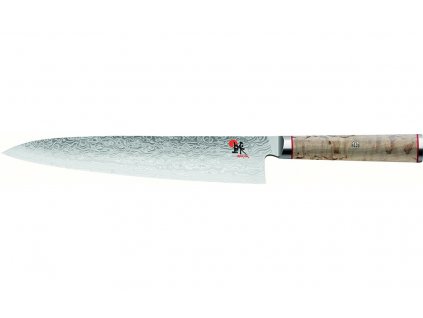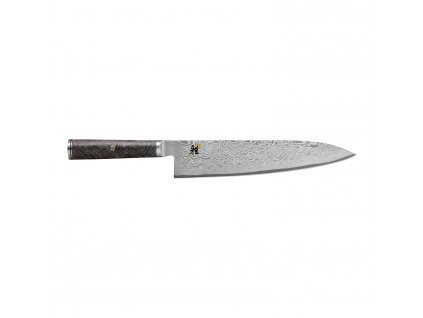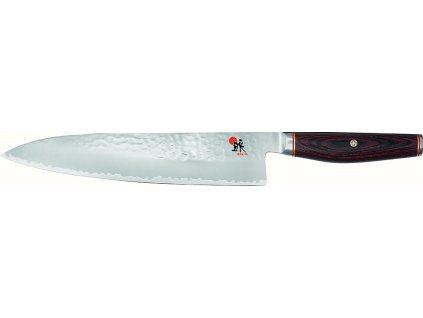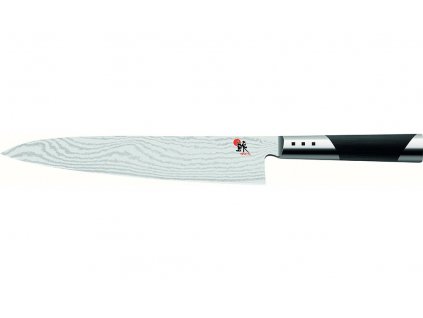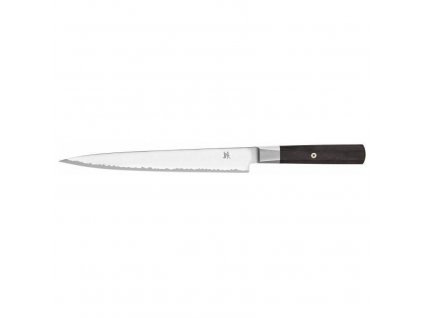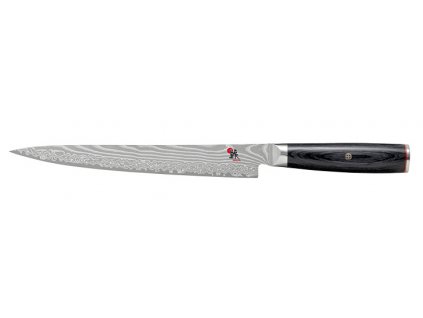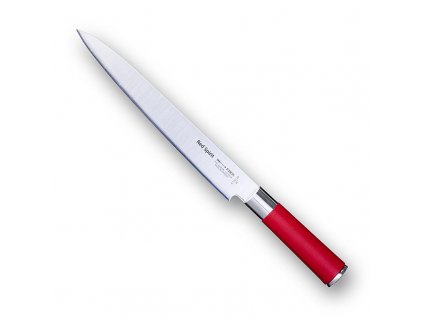Japanese knives - sharp as a sword
What are Japanese style knives?
Japanese knives have a long and thin blade with a pointed tip and were originally used for cutting thin slices of raw fish and preparing sushi. They are lighter, feel more balanced in the hand and are perfect for precision tasks. They are made from harder and thinner steel - stainless steel or hagane, which is the same kind of steel that is used to make Japanese swords. The handles of Japanese knives are made of hard wood.
What are Japanese knives used for?
Japanese knives - due to their long, thin blades - can be used for cutting fish or large pieces of meat (especially for steaks). There are many types of specific Japanese knives (such as Gyutou, Yanagi, Usuba or Deba) that can be used for all precision tasks from deboning chicken to filleting fish to thinly slicing any vegetable.
In Kulina you will find quality Japanese knives manufactured by reliable brands such Dellinger or MIYABI. You can also choose forged Japanese knives by Dutch brand Forged or check our best-sellling Japanese knives here.
How to sharpen a Japanese knife?
Japanese knives can be double-edged or single-edged (traditional). They are made of hard steel which is actually easier to sharpen than soft steel used for Western knives. In order to sharpen your Japanese-style knife you need a whetstone. You can also take your knife to a specialist.
How to take care of your Japanese knife?
Japanese knives are quite an investment so if you want your Japanese knife to last for ages, make sure you follow these simple rules for cleaning and storing your knives:
- knives are often dishwasher-safe but we recommend you clean your knife by hand as dishwasher detergents can damage the surface of a steel blade
- if a knife has a wooden handle, do not put it in the dishwasher
- to prevent wooden handles from becoming dry, regularly oil them with linseed oil or beeswax
- when cutting with a Japanese knife, don't cut directly on hard surfaces such as a stone worktop, stainless steel sink, a plate, or on chopping boards made from glass, ceramic, bamboo and other hard substances. Soft plastic chopping board is the best
- store your knife separately so that the blades do not get dull. Use a knife block or a knife case.
- sharpen your knife regularly
.png)
